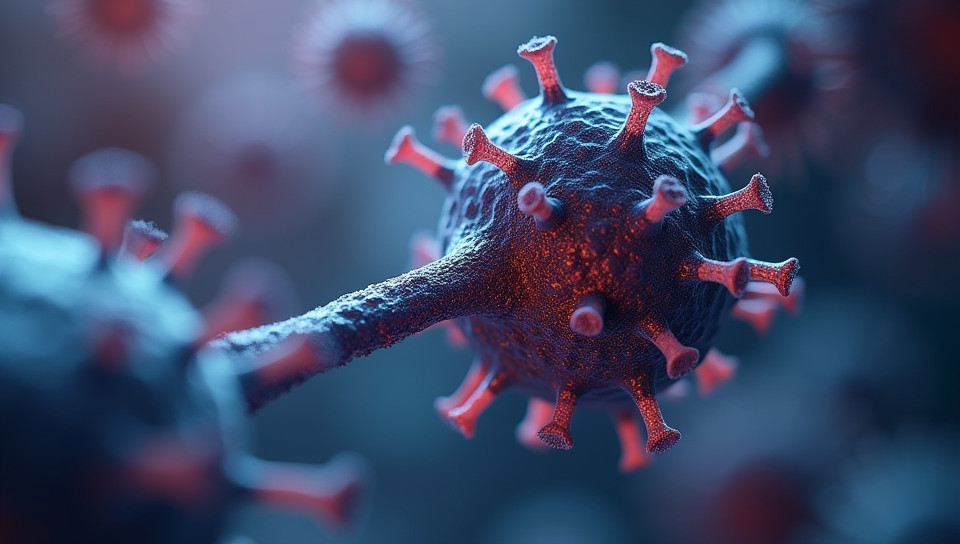Gene editing may create new health problems 91%

Gene editing technologies have revolutionized the field of medicine, offering unprecedented opportunities for treating genetic diseases and improving human health. However, as we harness the power of gene editing, we must also confront the possibility that it may create new health problems.
The Rise of Gene Editing
Gene editing techniques such as CRISPR/Cas9 have made it possible to precisely edit genes in living organisms with unprecedented ease and accuracy. This has led to a surge in research and clinical applications, from treating genetic disorders to developing novel cancer therapies.
Off-Target Effects: A New Concern
While gene editing holds tremendous promise, there is growing concern about the potential for off-target effects – unintended changes to the genome that can have unforeseen consequences. These effects can occur when the gene editing machinery mistakenly edits non-target genes or introduces mutations at unexpected locations in the genome.
The Risk of Mosaicism
Another risk associated with gene editing is mosaicism – a condition where some cells in the body contain edited DNA while others do not. This can lead to a patchwork of healthy and diseased cells, potentially causing new health problems or exacerbating existing conditions.
- Potential risks of gene editing include:
- Unintended off-target effects
- Mosaicism and cellular heterogeneity
- Insertional mutagenesis (the introduction of new genetic material)
- Overexpression or underexpression of edited genes
The Need for Caution and Regulation
As gene editing technologies continue to advance, it is essential that we proceed with caution and establish robust regulatory frameworks to mitigate the risks associated with these tools. This includes rigorous testing and validation of gene editing approaches before they are used in humans.
Conclusion
Gene editing holds tremendous promise for improving human health, but we must also confront the possibility that it may create new health problems. As we continue to push the boundaries of what is possible with gene editing, it is essential that we do so with caution and a deep understanding of the potential risks involved. Only through careful consideration and regulation can we unlock the full benefits of gene editing while minimizing its unintended consequences.
- Created by: Hugo Simon
- Created at: Jan. 13, 2025, 5:42 p.m.
- ID: 17805









